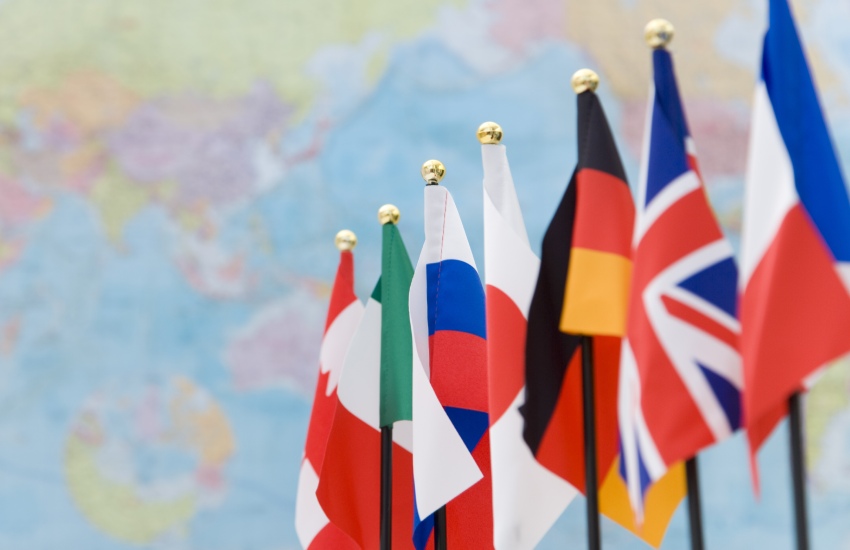The seven — which include Canada, France, Germany, Italy, Japan, the United Kingdom, the United States, and representatives of the European Union — agreed to a global tax floor of 15 per cent on Sunday as part of a unified effort to crack down on tech companies like Facebook and Google who, under the agreement, will now have to pay tax in the countries they operate in.
Treasurer Josh Frydenberg told the ABC on Saturday that the Morrison government welcomes the commitment, which will be tabled at next month’s G20 finance ministers’ meeting, which he will attend, alongside ministers from China, India, Russia and Brazil, among others.
You’re out of free articles for this month
“Australia welcomes the commitment from G7 nations to agree a globally consistent approach to the tax challenges posed by the digitalisation of the economy,” Mr Frydenberg said.
“Australia will remain an active and constructive participant in these OECD-led discussions as we have done so throughout.”
Tax havens, like Ireland, which currently hosts a company tax rate of 12.5 per cent, will have to hike its rates. Meanwhile, the Biden administration is looking to increase the company tax rate in the United States further still, from 21 per cent to 28 per cent.
The Australian business community took the opportunity to cast renewed focus on introducing cuts to Australia’s company tax rate, to attract foreign investment and boost Australia’s COVID-19 recovery.
Business Council of Australia chief executive Jennifer Westacott said on Sunday that a global tax floor half of what it is in Australia would leave the nation “exposed” in its ability to attract global capital. She said Australia needs a “permanently competitive” tax system.
Ms Westacott’s comments are the latest in a series of calls to the Morrison government, urging either a cut to the company tax rate or the introduction of a concession. Liberal senator Andrew Bragg said in April that Australia is entering a new phase of international regulatory competition that requires serious tax reform in order to compete.
In order to compete with the likes of Singapore, Tokyo and other international centres of new investment, Mr Bragg said, Australia needs to develop a framework that could accommodate international investment.
It would require tax reform on three fronts with the establishment of an Incremental Business Activity Regime (IBAR) concession; taxing expatriates on a days in, days out basis; and eliminating interest withholding tax (IWT).
“If a tech or finance business relocates to Australia, they would be eligible to pay a concessional tax rate for the first seven years,” Mr Bragg said.
“The concessional tax rate would be the same rate in the company’s country of origin, subject to a floor of 12.5 per cent or the OECD minimum tax rate should the OECD agree on one.
“An internationally competitive rate of tax would cause major businesses and financial institutions to reconsider Australia as the best location for their regional headquarters.”
John Buckley
AUTHOR
John Buckley is a journalist at Accountants Daily.
Before joining the team in 2021, John worked at The Sydney Morning Herald. His reporting has featured in a range of outlets including The Washington Post, The Age, and The Saturday Paper.
Email John at This email address is being protected from spambots. You need JavaScript enabled to view it.

 Login
Login







